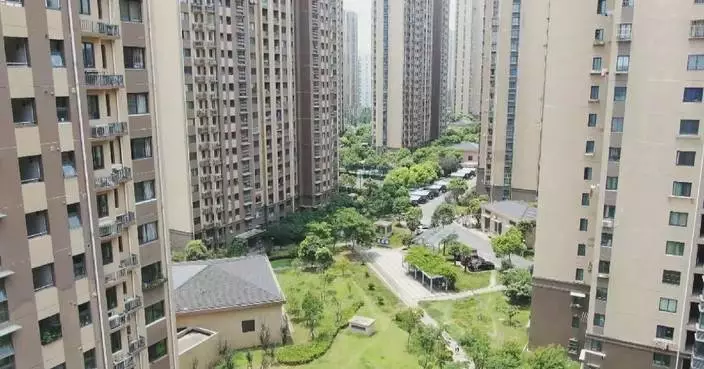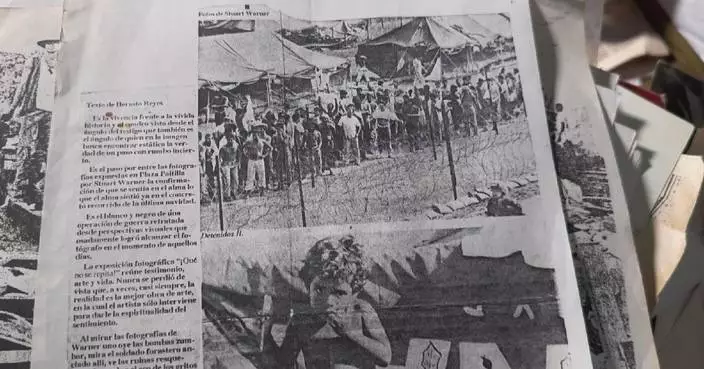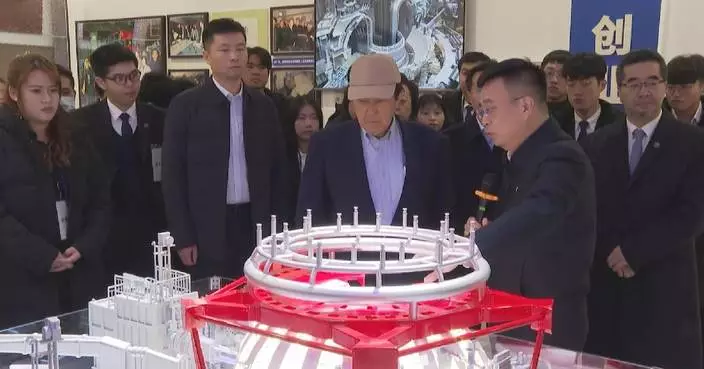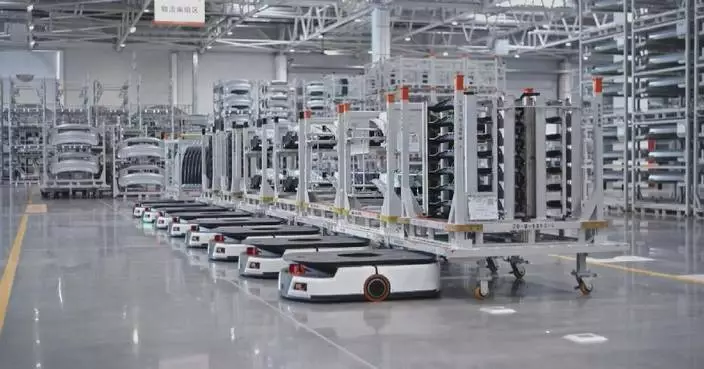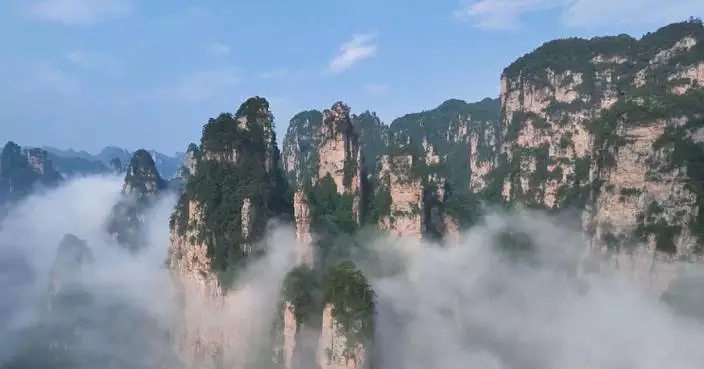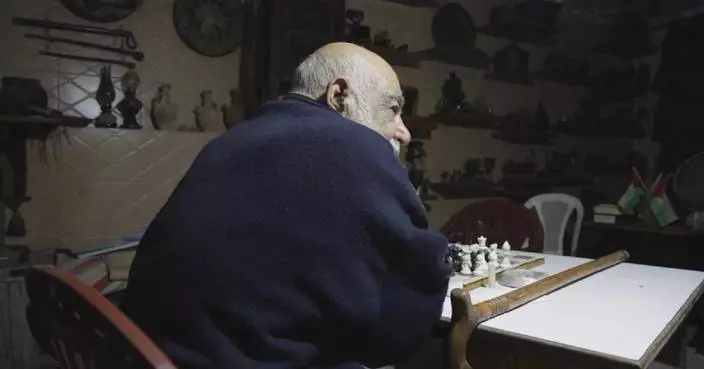With the year 2025 just around the corner, a teacher from Syria's capital of Damascus hopes that Syrians can rebuild their homes in the new year and have a peaceful future.
The situation in Syria underwent dramatic and astonishing changes in early December as opposition forces entered Damascus and took over state television channels to announce what they described as the fall of Damascus and the end of President Bashar al-Assad's government.
The UN Office for the Coordination of Humanitarian Affairs (OCHA) said more than 1.1 million Syrian civilians were displaced because of the hostilities erupted in the country in late November and early December.
Huzaifa Hamoud is a teacher and s media activist from Damascus. He hopes the country will be rebuilt with the joint efforts of its people.
"We hope that we can build our country again and find a peaceful future for everyone. Syria now is going to be much more greater than before, because all the Syrians are working together and going to achieve the things that haven't been achieved. The new year, the new dreams here are more greater than before. All the Syrians are approximately one hand trying to do the best thing to build this country," he said.
The newly-formed Syrian transitional government has vowed to pivot to state-building to ensure lasting peace in the country.
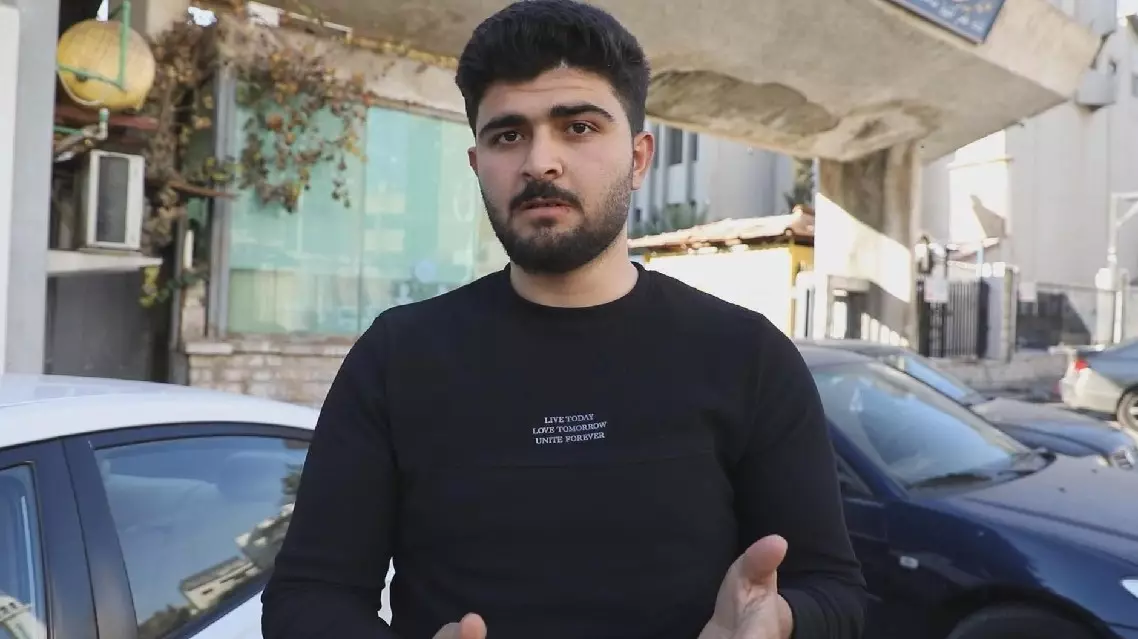
Syrian teacher hopes to rebuild his country in new year
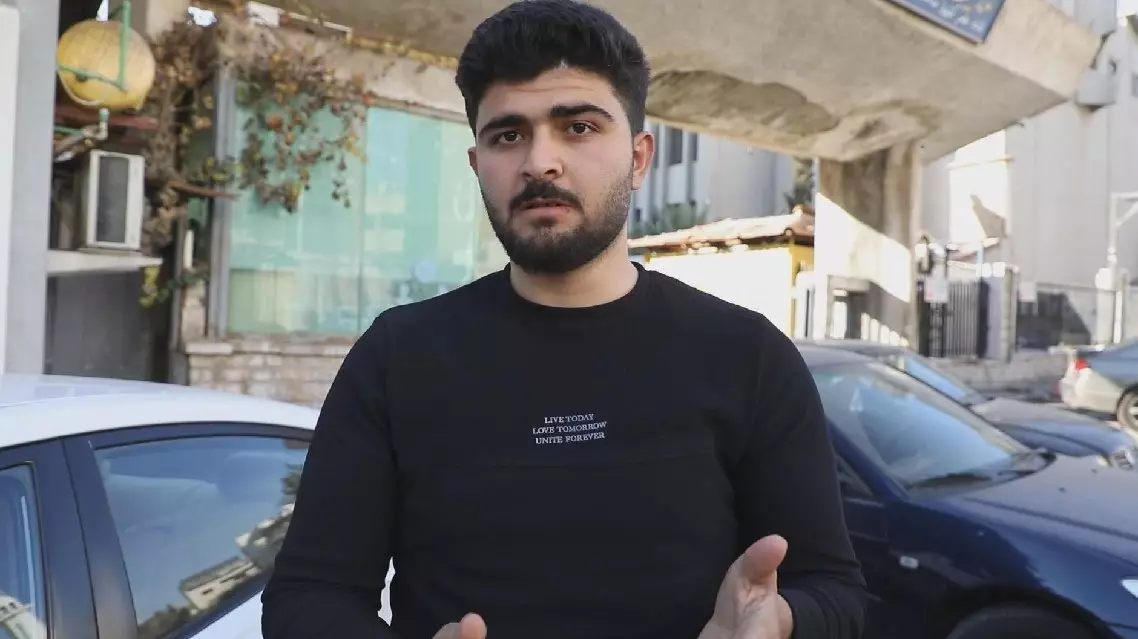
Syrian teacher hopes to rebuild his country in new year
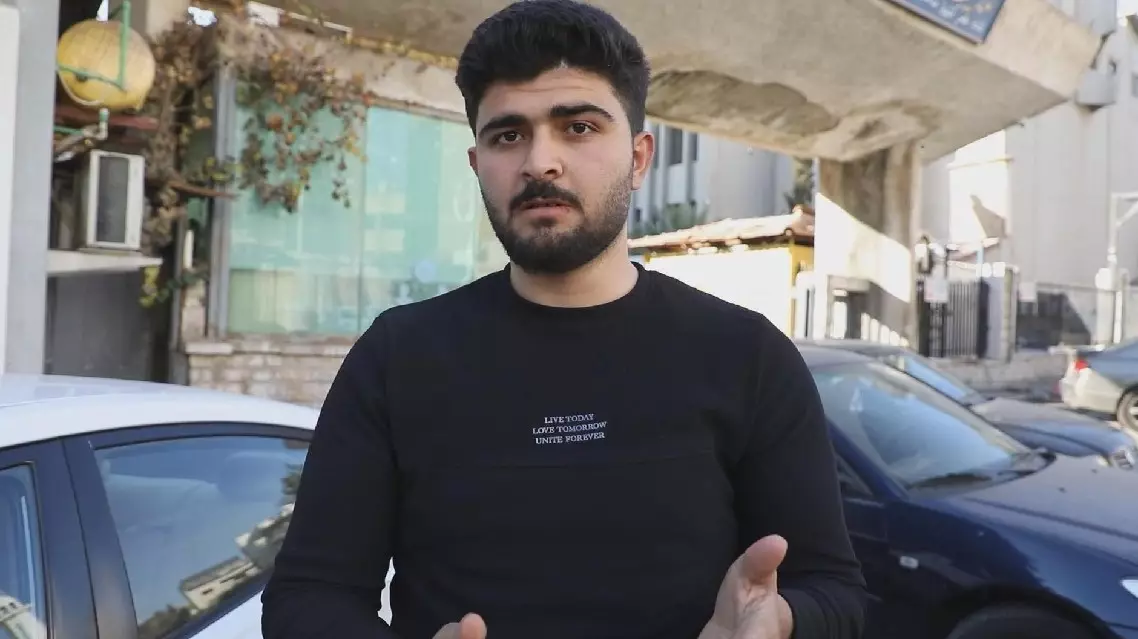
Syrian teacher hopes to rebuild his country in new year
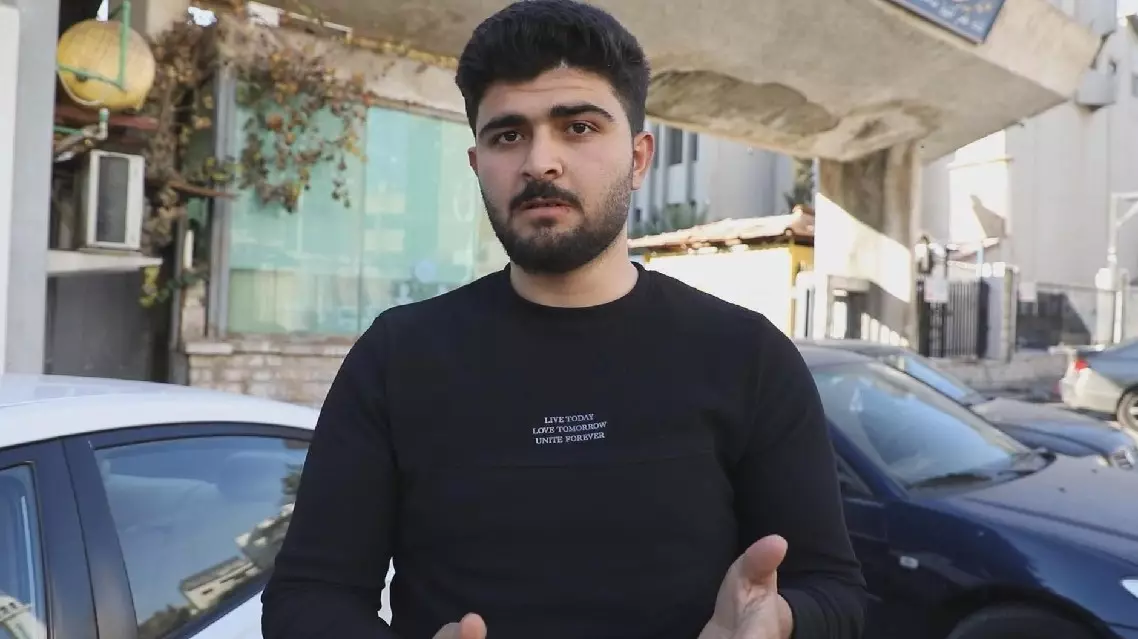
Syrian teacher hopes to rebuild his country in new year
A revolutionary agricultural project, jointly developed by Chinese experts and Pakistani researchers, is taking shape in Pakistan's Punjab province, driving innovation on an unprecedented scale and aiming to tackle food insecurity, a pressing issue both domestically and globally.
Spanning over 5,000 acres (more than 2,000 hectares), a high-tech farm in the province is at the forefront of transforming Pakistan's agricultural landscape.
It's part of a larger effort to achieve food security by leveraging cutting-edge technologies and collaborative expertise.
At the heart of this project is the use of high efficiency irrigation systems and state-of-the-art agricultural machinery.
By integrating both imported Chinese equipment and locally manufactured tools, the goal here is clear - maximize yields while minimizing costs.
"We have taken advantage of Chinese technology, especially in agricultural mechanization. We have introduced and imported state-of-the-art Chinese tractors which are very comfortable and work at scale. They have a higher rate of efficiency per day per person than our traditional model of tractors," said Sarfaraz, a farm manager.
Pakistan's agricultural sector has long faced challenges. With more than 60 percent of farmers relying on low-quality seeds from informal markets, the initiative seeks to bridge the gap by developing hybrid seeds better suited to changing climatic conditions.
Beyond crops, the initiative extends to livestock and dairy farming. Pakistan's milk and meat sector remain largely under commercialized. This project aims to change that by introducing large-scale and tech-driven livestock farms.
"The main purpose of this project is to import animals that are high in milk and meat quantity to increase our milk and meat production at the national level," said Shamraiz Akram, a livestock manager.
With modern technologies, these farms aim to improve productivity while boosting local economies through job creation and supply chain development.
Food processing and distribution are also key components. With several economic zones under the China-Pakistan Economic Corridor focusing on agri-processing, projects like this are strategically positioned to tap into larger markets.
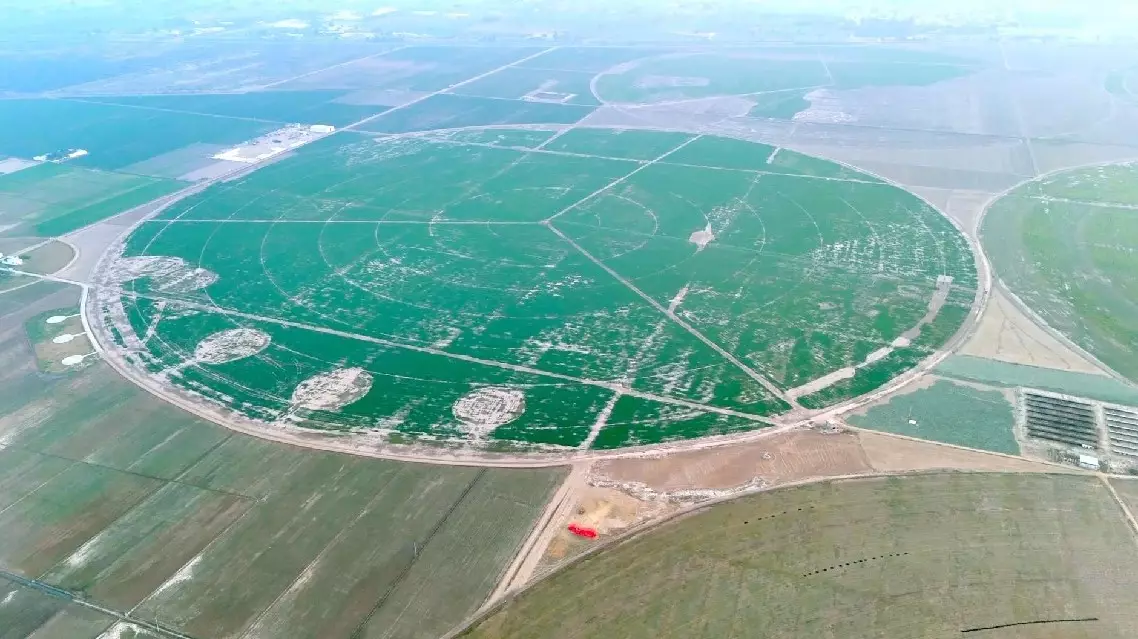
China-Pakistan project contributes to food security in Pakistan








